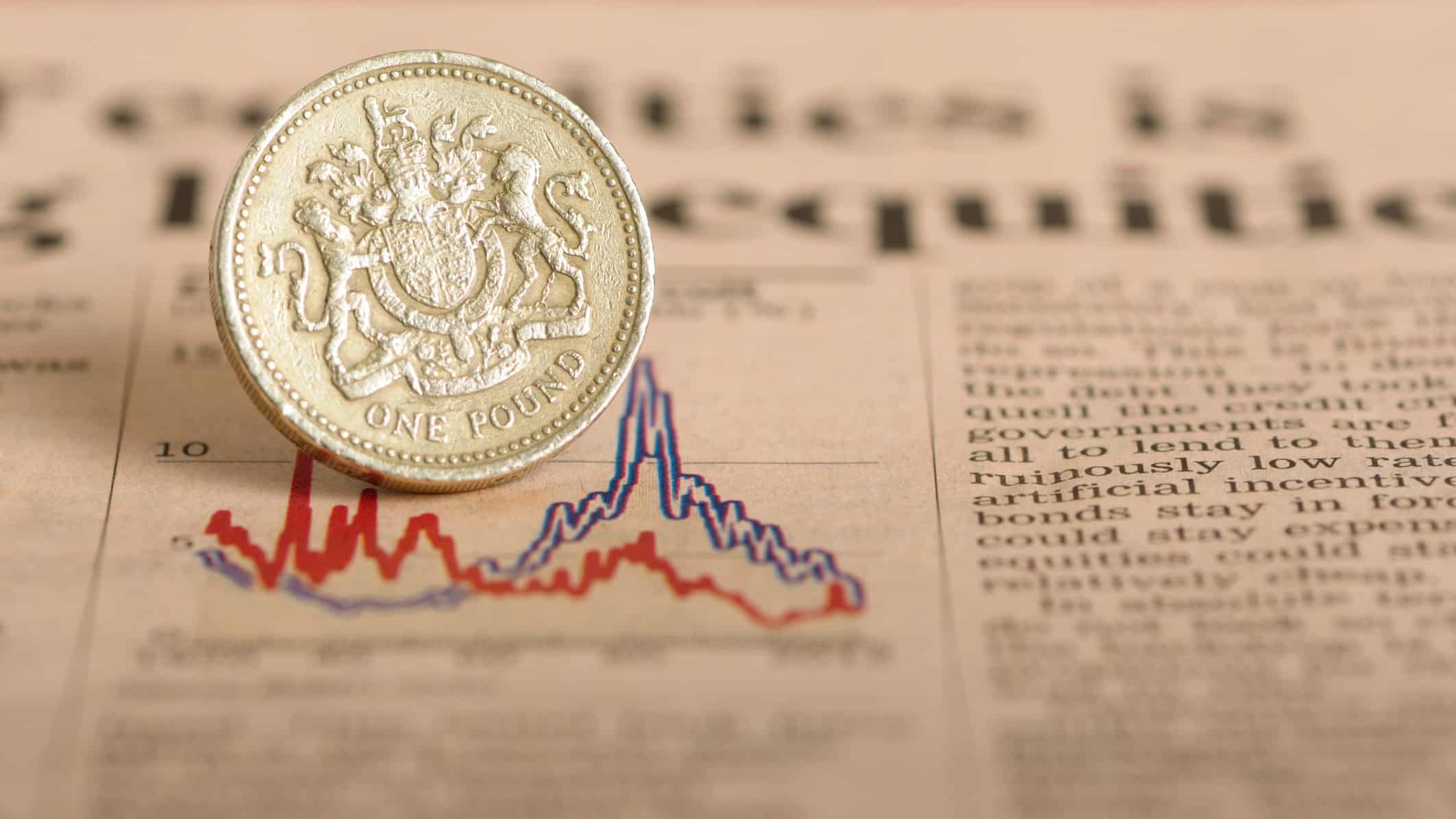The UK economy is still recovering from the effects of the Covid pandemic that brought it to near standstill in 2020. However, new data shows that the rebound slowed sharply in May despite the easing of some Covid restrictions.
Let’s take a look at why growth slowed in May and what we can expect going forward.
[top_pitch]
What has happened to the UK economy?
Data from the Office for National Statistics (ONS) suggests that the UK economy grew 0.8% in May.
While this marks the fourth consecutive month of growth after the shrink at the beginning of the year due to renewed lockdowns, it’s much lower than the 1.5% that analysts predicted.
It’s also significantly lower than the 2.4% and the 2% growth experienced in March and April respectively. Furthermore, the country’s GDP still remains 3.1% below pre-pandemic levels.
Much of the growth in May can be attributed to the services sector. Pubs and restaurants and hotels all saw a significant recovery following the lifting of restrictions.
According to the ONS, accommodation and food services grew by a whopping 37.1% in May. Overall, the services sector grew by 0.9% following the easing of restrictions.
Why did growth of the UK economy slow in May?
One big reason is a lack of productivity in the manufacturing sector, specifically transport equipment manufacturing. Output in this particular sector fell 16.5% in May. This was fuelled by a global shortage in microchips that forced car companies to cut back on production.
Output in the UK’s construction industry was also down. Shortages of key raw materials such as timber and steel combined with adverse weather conditions caused the halting of many construction projects. As a result, the construction industry shrank by 0.8%.
[middle_pitch]
What can we expect going forward?
Several experts previously predicted that the UK economy would grow at its fastest rate since World War II in 2021. The jury is still out on whether this is feasible, especially after the release of May’s growth figures.
Prime Minister Boris Johnson is still planning to lift most of the remaining lockdown restrictions in England on 19 July.
Economists will wait to see the effect this has on the UK economy in the short term and the long term. In the short term, the lifting of restrictions could expand consumer spending. This could possibly increase the pace of growth in the third quarter.
However, the anticipated spending boom after reopening is unlikely to last forever. Some sectors may begin to experience slower growth rates as consumers return to pre-pandemic spending patterns.
Furthermore, millions of people are still not fully immunised, and the Delta variant of the coronavirus is driving a fresh wave of infections.
Consequently, there are fears that the planned full reopening of the country on 19 July might backfire and force a re-introduction of restrictions.
Hopefully, it will not come to that. But with so many unknowns about the future, it certainly pays to stay on top of your personal finances. Check out our coronavirus money guide for great practical tips on how to be as financially prepared as possible for whatever lies ahead.







